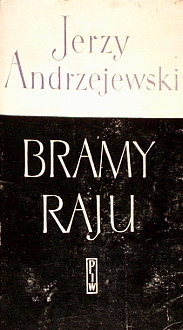What do you think?
Rate this book


110 pages
First published January 1, 1960
…a great company of them, nothing to be heard now but the monot onous tramping of thousands of feet, with some times a creak from the carts that were followingthe host ofchildren, carts carrying thosewho had fallen exhausted by the wayside or whose feet were still too sore for them to start walking again, while the road led on through the forest and seemed to have neither beginning nor end…
…for as soon as one desire is satisfied a hundred others awaken even more imperiously actions born of the purest desires end in remorse and infamy and perhaps there are no pure desires, the need for violence and cruelty takes possession of man’s nature, he flees from it in a trembling and shame-filled solitude, then, drawn back once more into the ravening pack, driven by folly and the furies of physical strength, again he goes murdering and violating right and left…